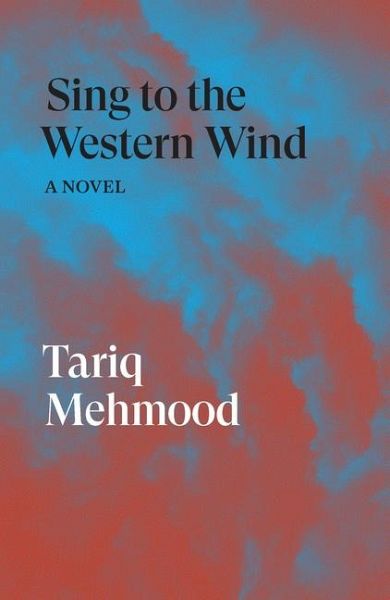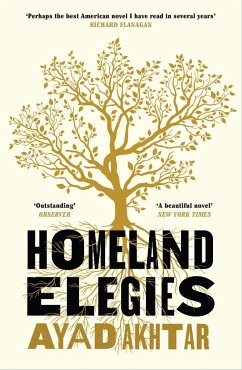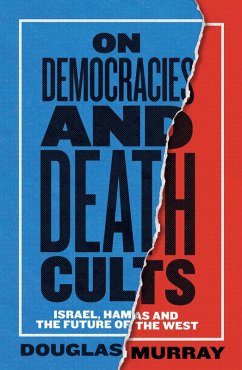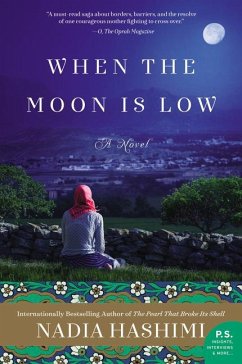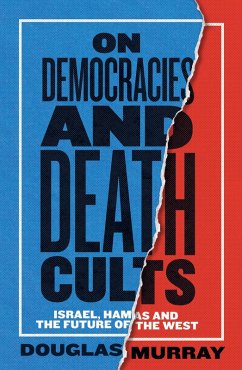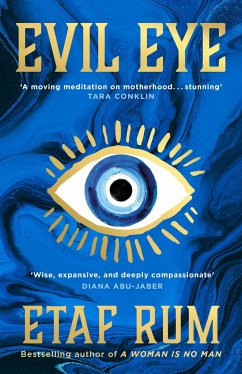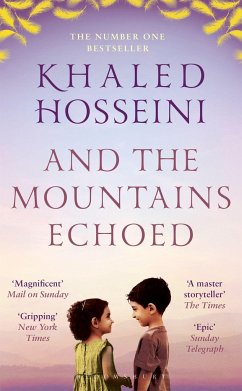
PAYBACK Punkte
6 °P sammeln!




A complex, vibrant novel about a man in extremis, and the forces that drive him to the ultimate act of desperation
Tariq Mehmood
Produktdetails
- Verlag: Verso Books
- Seitenzahl: 296
- Erscheinungstermin: Juli 2025
- Englisch
- Abmessung: 197mm x 128mm x 23mm
- Gewicht: 250g
- ISBN-13: 9781804295342
- ISBN-10: 1804295345
- Artikelnr.: 72130283
Herstellerkennzeichnung
Libri GmbH
Europaallee 1
36244 Bad Hersfeld
gpsr@libri.de
“Sing to the western wind
The song it understands…”
70-year-old Saleem Khan wanders the streets of Manchester, a suicide bomb strapped to his body. As he walks towards his death, he reflects on his life. His childhood and youth in Pakistan, where he became a teacher. His …
Mehr
“Sing to the western wind
The song it understands…”
70-year-old Saleem Khan wanders the streets of Manchester, a suicide bomb strapped to his body. As he walks towards his death, he reflects on his life. His childhood and youth in Pakistan, where he became a teacher. His emigration to England, where he turned into “just another Paki”, doing underpaid nightshifts. His return to Pakistan, his loves, his losses, all he has seen, all he has done. And all he did not do. Everything that led up to this moment, where he not only wants to end his life, but also take others down with him.
“Sing to the Western Wind” by Tariq Mehmood is not an easy read. To some extent, because of its partly brutal and horrifying plot, of course, but also due to Mehmood's style of writing. Since English isn’t my mother tongue, it is hard for me to judge, but his use of the English language seems to me like what is often referred to as “better than a native speaker”, meaning the use of uncommon words and structures. This might be the reason why I didn't get into a reading flow, but felt more like driving on a very bumpy road. Additionally, I found the dialogues to be somewhat strange and awkward at times. Maybe Mehmood kept very close to a literal translation from Pothowari (if I am not mistaken, and that’s what the people in this part of Pakistan speak … Side note: a glossary would have been nice), or he was just stressing how much they had their wires crossed. Still, at times I had the impression that somebody forgot to check for coherence.
Another thing I noticed is that I didn’t like any of the characters. Not a single one! Well, maybe apart from cousin Habib. I also missed a deeper insight. I had the impression that we didn’t get much from the inner perspectives, something I would have thought vital for the subject at hand. But I really appreciated that Saleem Khan was portrayed as an atheist, and his decision wasn’t just explained away with religious fanaticism. The reader has to ask himself what it would do to him if he had to face the same circumstances. And yet, we only get explanations worth discussing, no excuses, no acquittal.
All in all, “Sing to the Western Wind” wasn’t a novel I couldn’t put down. Quite the opposite, at times I had to persuade myself to keep on reading. But with a bit of distance, I notice now that I value it much more in retrospect than I thought I would. All the issues I had with it fit perfectly. Those feelings of dissatisfaction and crudeness are completely in tune with the incidents. This is a novel that will stay with you for a long time. A story that gives no easy answers, but broadens the mind. A book that should be read.
Weniger
Antworten 0 von 0 finden diese Rezension hilfreich
Antworten 0 von 0 finden diese Rezension hilfreich
Andere Kunden interessierten sich für



